Books Like The Kite Runner
For readers captivated by the poignant storytelling and emotional depth of 'The Kite Runner,' this collection offers a journey through tales of friendship, redemption, and the search for identity amidst turmoil. These books delve into complex family dynamics, cultural heritage, and personal transformation, providing insights into the resilience of the human spirit. Prepare to be moved by powerful narratives set against vivid backdrops, where personal and historical impacts intertwine, resonating long after the last page is turned.
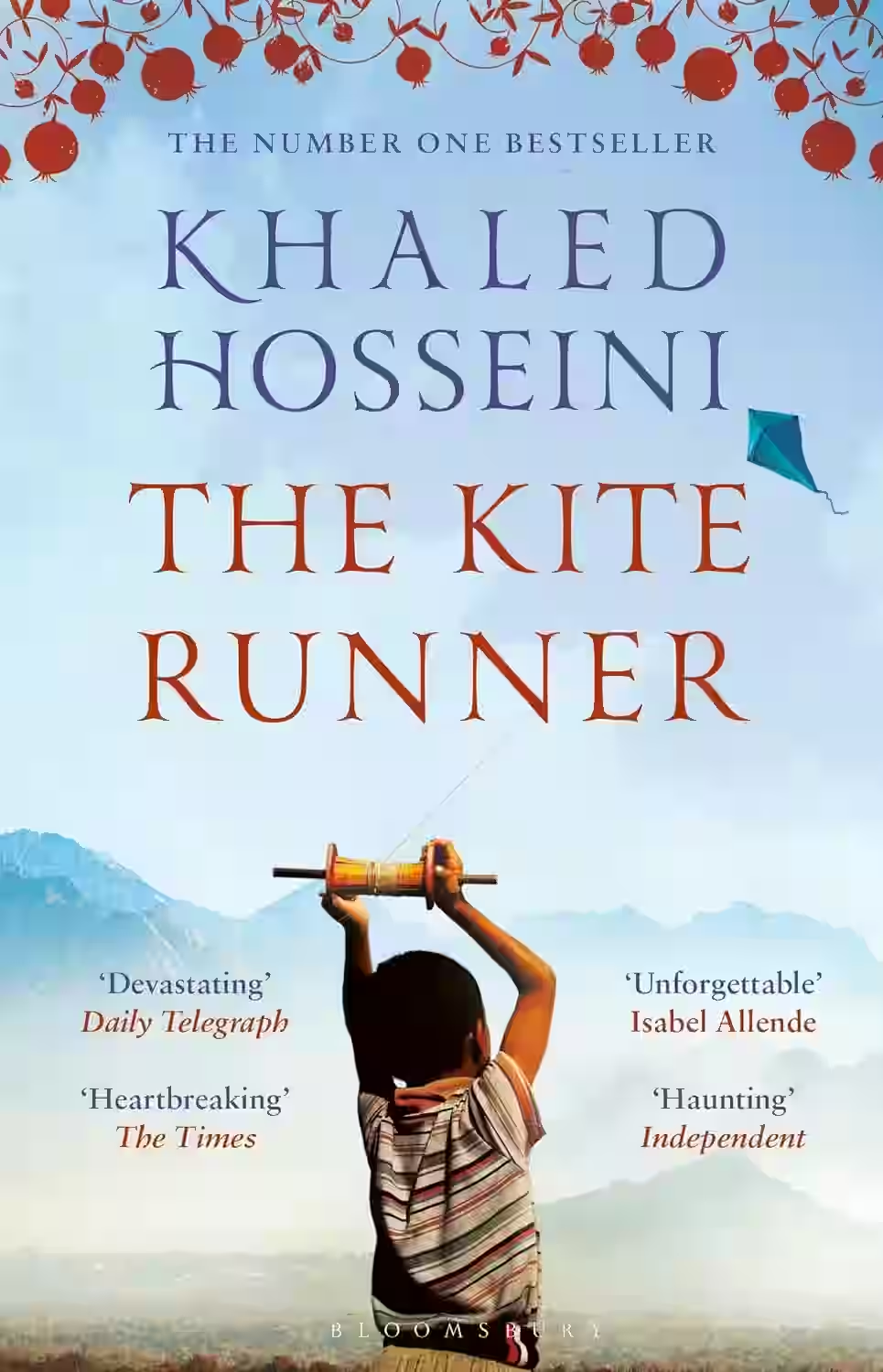
This powerful story follows two childhood friends in Kabul and spans multiple decades of Afghan history. After witnessing a terrible event, their lives take dramatically different paths until a chance for redemption presents itself years later. Through personal drama and historical upheaval, the novel explores themes of loyalty, betrayal, and the possibility of atonement.
Similar Books You Might Enjoy
If you enjoyed The Kite Runner, you might also like these books.
Discover your next great read from our curated selection of similar books.
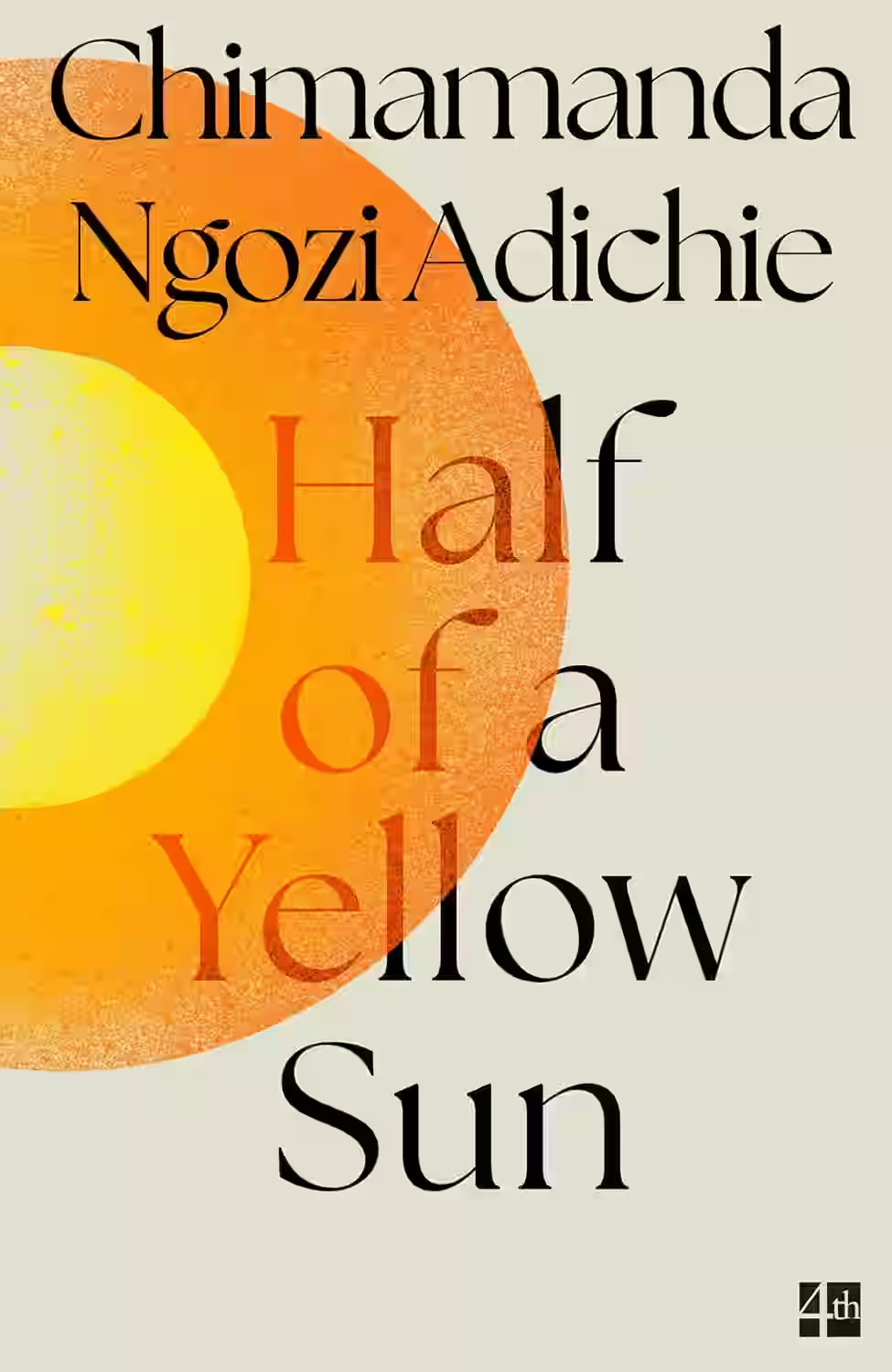
Set before and during the Nigerian Civil War, this novel follows three interconnected lives—a professor’s mistress, a houseboy, and a British writer—amid national upheaval. Through love, betrayal, and survival, Adichie weaves a deeply human portrait of identity, loyalty, and the cost of independence. Half of a Yellow Sun is a powerful historical narrative that illuminates both personal and political conflict with grace and urgency.
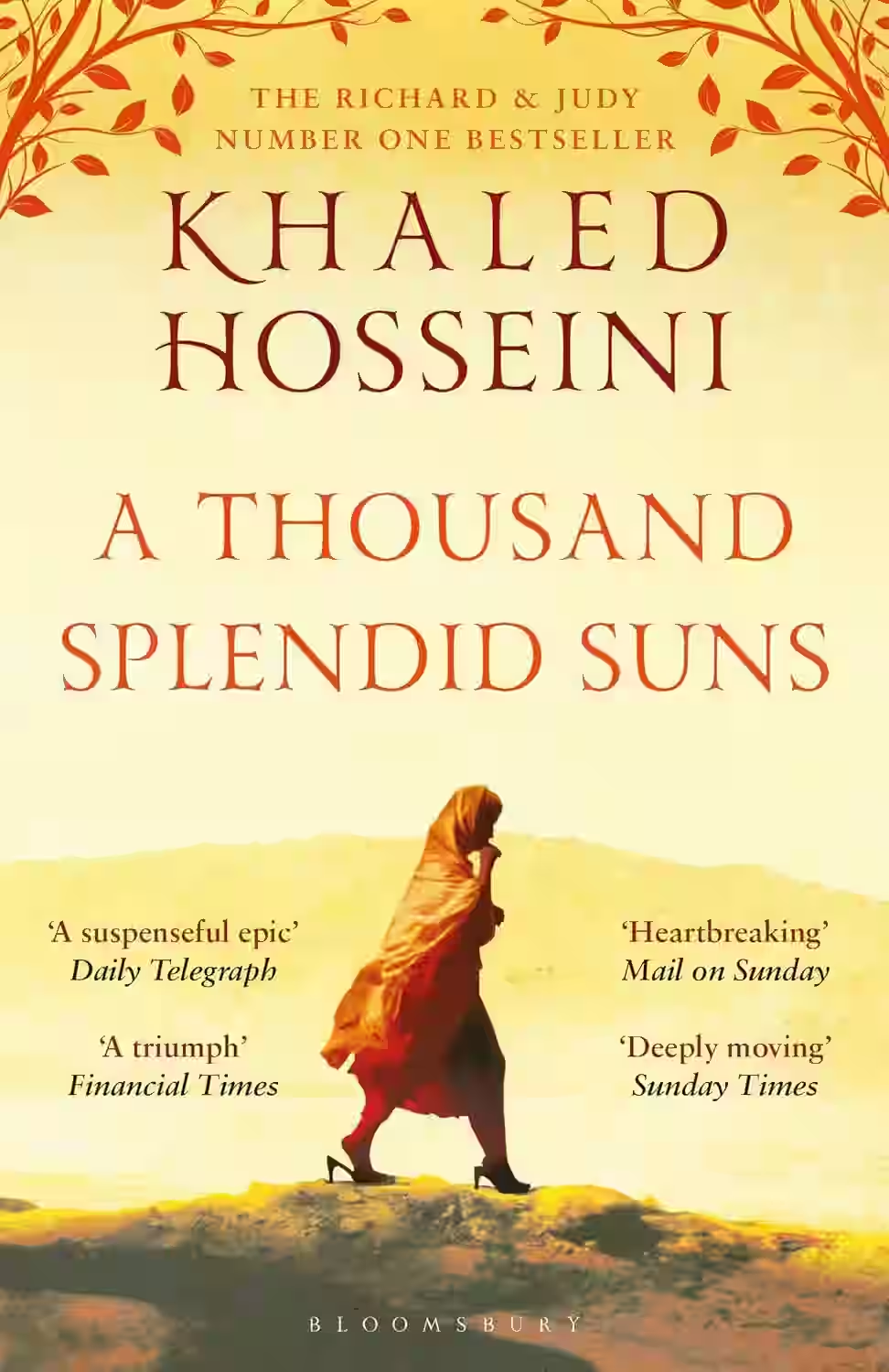
Khaled Hosseini's "A Thousand Splendid Suns" intricately weaves the lives of two Afghan women across a backdrop of societal turmoil and constant warfare. Spanning multiple decades, the novel brings to life the struggles and resilience of Mariam and Laila, whose intertwined fates encapsulate the devastating effects of domestic oppression and the unyielding spirit of female friendship and solidarity. Hosseini's eloquent prose and empathetic storytelling capture the essence of Afghanistan’s cultural and historical landscape, drawing readers into a narrative that is both heart-wrenching and uplifting. Through its vivid portrayal of sacrifice and hope, the book deeply resonates, shedding light on themes of endurance, love, and redemption.
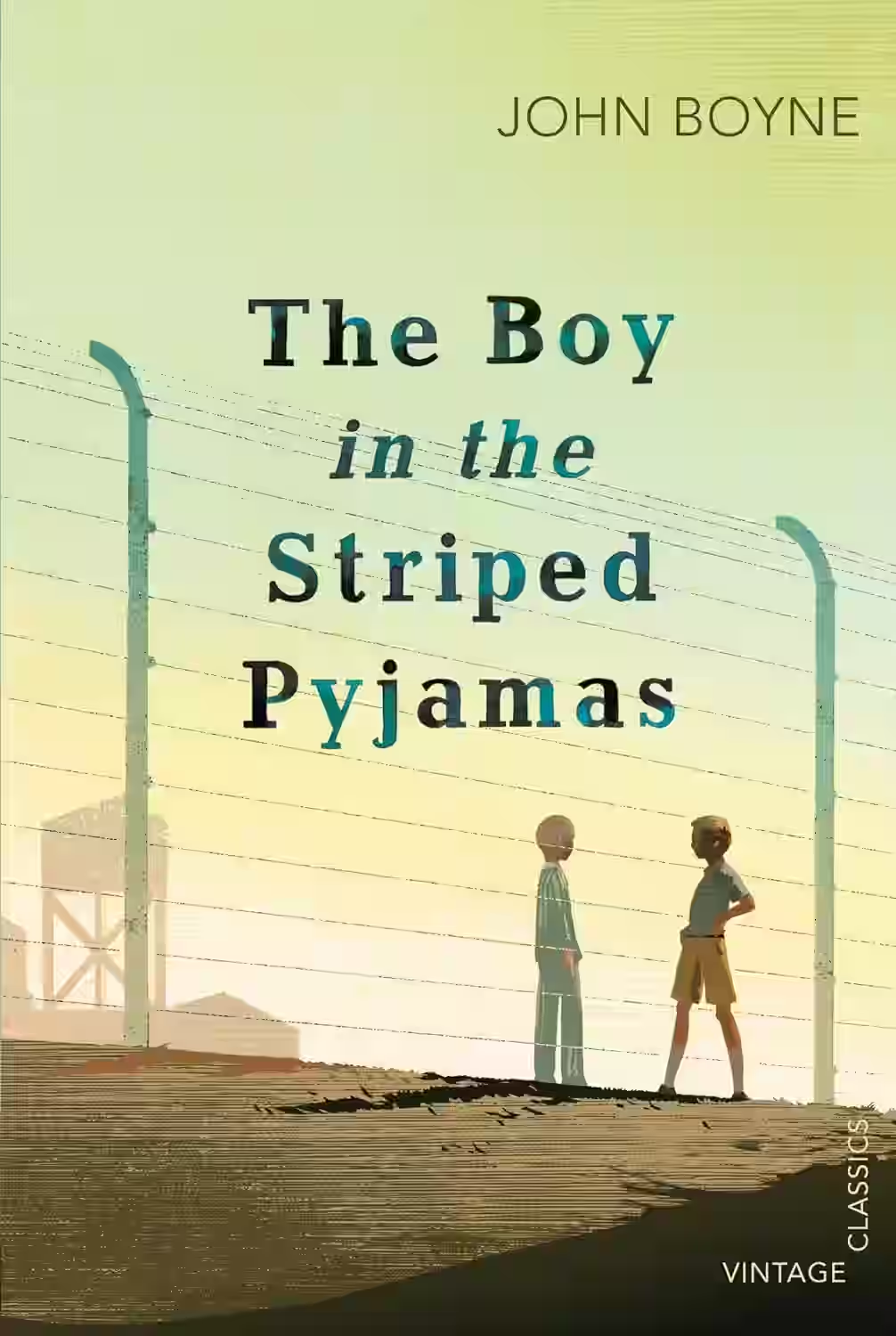
John Boyne's "The Boy in the Striped Pajamas" is a poignant historical novel that explores the unlikely friendship between two boys during World War II. Set against the backdrop of the Holocaust, the story is told through the innocent eyes of Bruno, a young boy whose father is a Nazi commandant. Unaware of the horrors surrounding him, Bruno befriends Shmuel, a Jewish boy imprisoned in the Auschwitz camp, visible from Bruno's new home. The narrative unfolds with a sense of looming tragedy, examining themes of innocence, prejudice, and the stark contrast between ignorance and the brutal reality of war. Boyne's simple yet impactful prose invites readers to grapple with the moral complexities and emotional depths of its characters, leaving a lasting impact through its heart-wrenching climax.
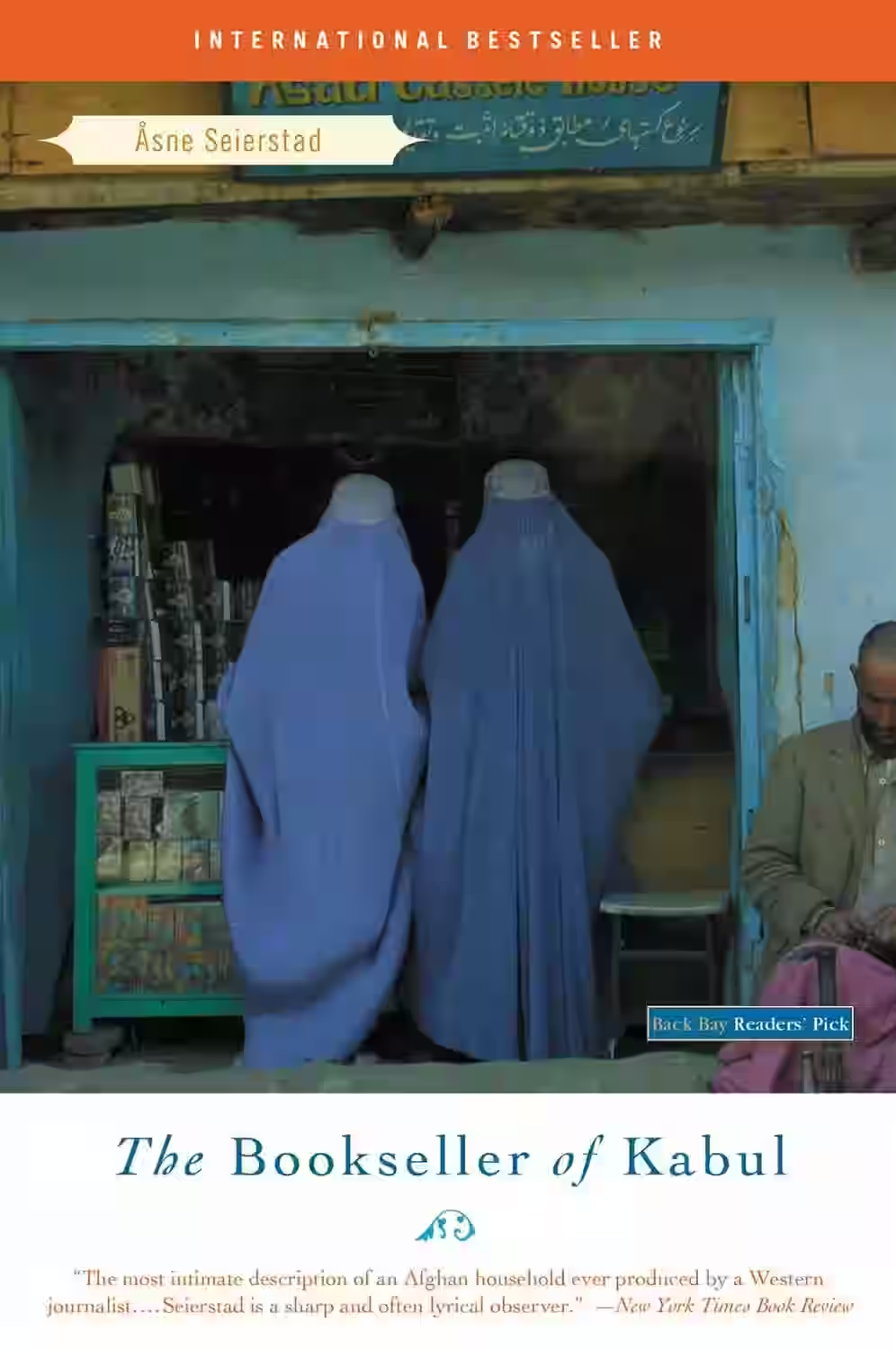
The Bookseller of Kabul by Asne Seierstad offers an intimate lens into the life of a middle-class family in post-Taliban Afghanistan. Through meticulous observation and vivid storytelling, Seierstad embodies the voice of Shah Muhammad Rais, the titular bookseller, and the complexities surrounding his familial and societal roles. The narrative unveils the profound impact of political upheaval on individual lives while exploring themes of gender inequality, cultural traditions, and the resilience of the human spirit. Asne's deft storytelling bridges the personal with the political, capturing the essence of a nation in transition. This evocative and thought-provoking narrative challenges Western perspectives, offering readers an eye-opening portrayal of Afghan life with dynamic authenticity.
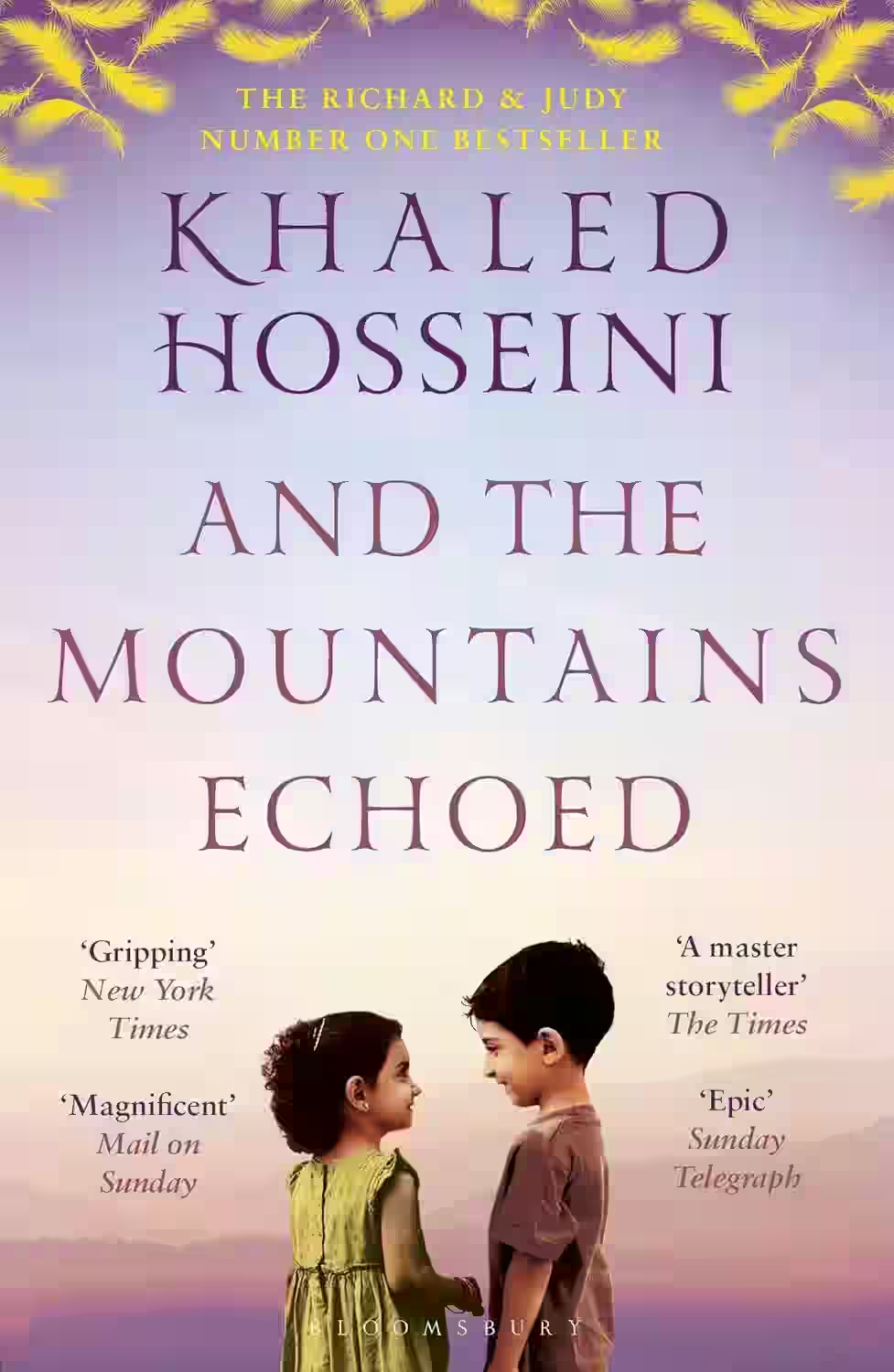
In Khaled Hosseini's 'And the Mountains Echoed,' readers embark on a journey through time and across continents, exploring the intricate tapestry of family bonds and the sacrifices they entail. The novel opens in a small Afghan village in 1952, with an emotional narrative about a brother and sister, Abdullah and Pari, separated by circumstances of necessity and survival. As their stories unfold, Hosseini skillfully interweaves multiple perspectives spanning decades, revealing the ripple effects of this heart-wrenching decision on future generations. Themes of love, loss, and the poignant longing for belonging are deftly explored, resonating deeply with readers. Hosseini's lyrical prose and empathetic character portrayal cement his reputation as a master storyteller, evoking a profound emotional response throughout.
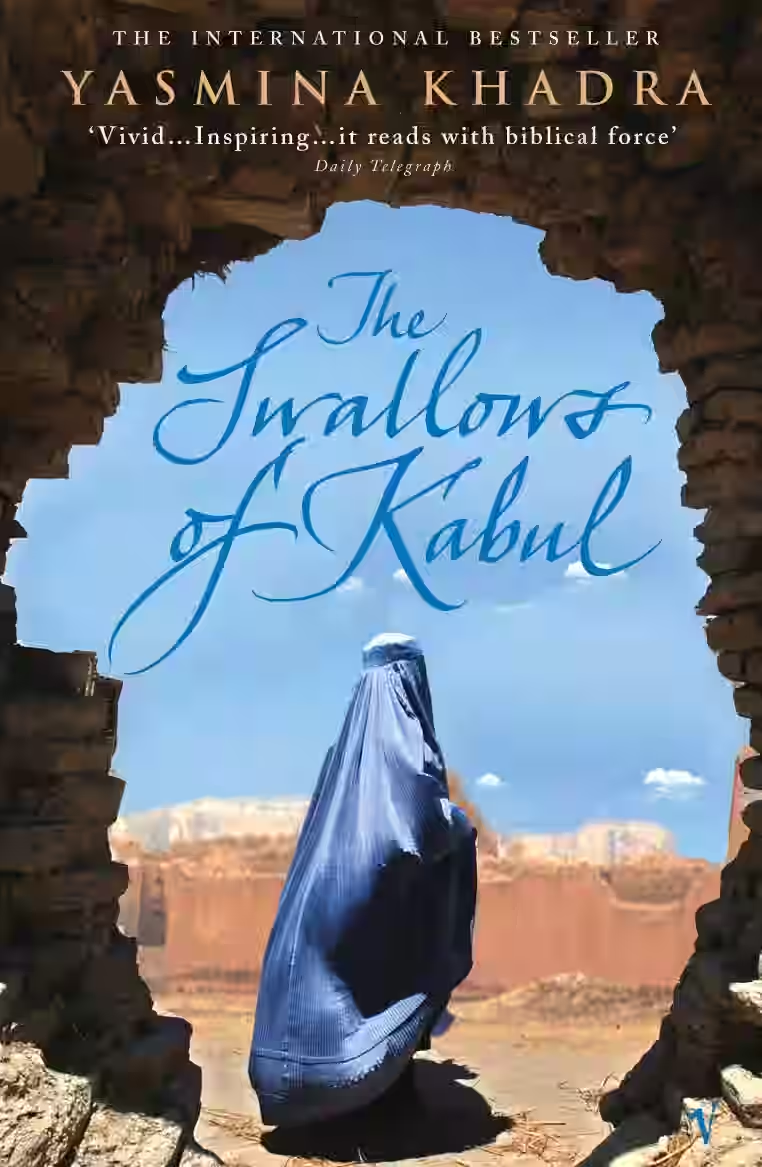
Yasmina Khadra's novel, "The Swallows of Kabul," paints a haunting picture of life under the Taliban rule in Afghanistan. The story is centered around two couples – Mohsen and Zunaira, and Atiq and Mussarat – whose lives become intertwined in a fate-driven narrative. Khadra delves deep into themes of oppression, resignation, and the struggles for dignity amidst a backdrop of societal collapse. The novel deftly illustrates the harsh realities faced by individuals, particularly women, within a tyrannical regime. Through its poignant prose and gripping storyline, "The Swallows of Kabul" forces readers to confront the devastating impact of extreme ideologies on human lives, making it an unforgettable and thought-provoking read.
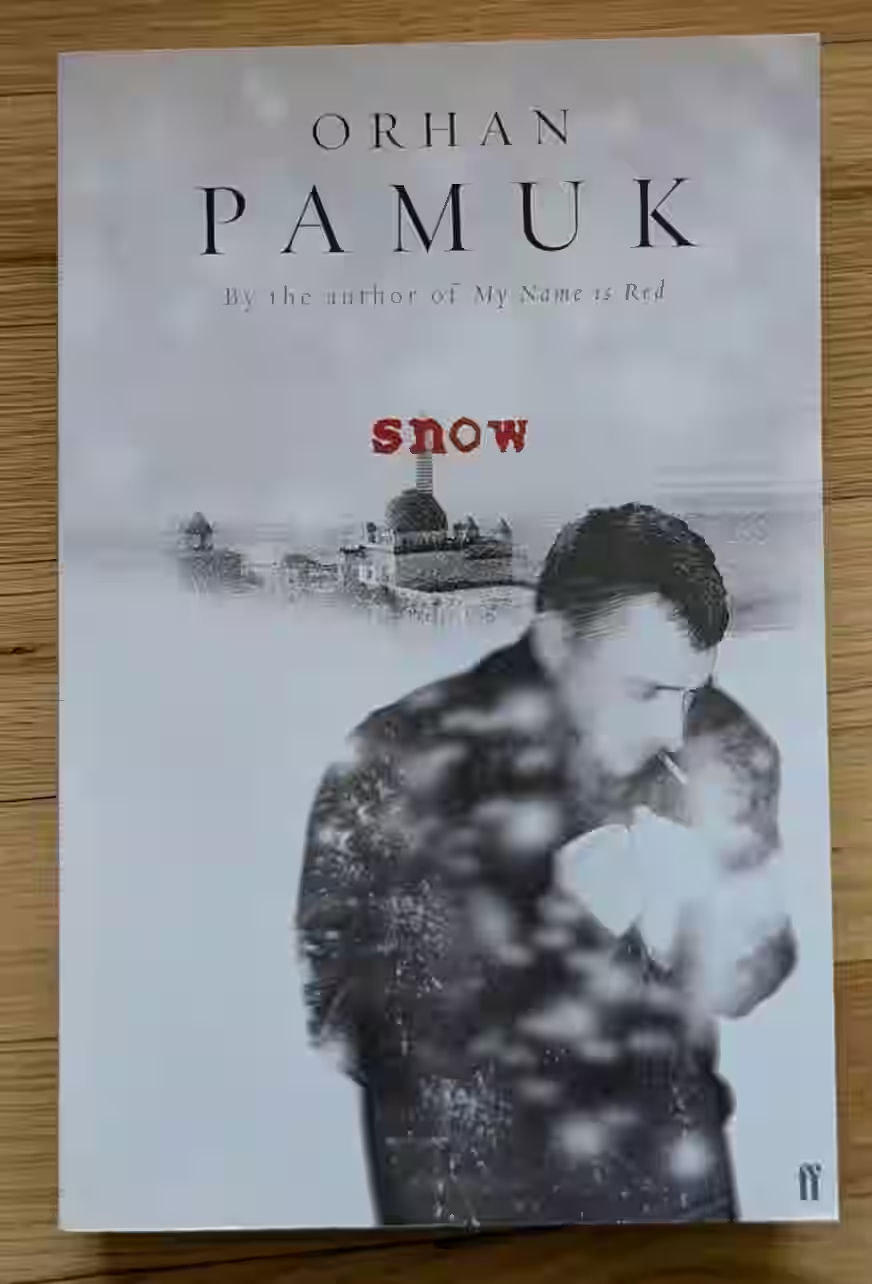
Snow
by Orhan Pamuk
Orhan Pamuk's 'Snow' is a profound exploration of identity, politics, and cultural conflict set in the snowy, remote city of Kars, Turkey. The novel follows Ka, a poet and journalist, who returns from political exile to investigate a series of suicides among young Muslim women. As Ka navigates the city's complex social and political landscape, marked by tension between secularism and Islamism, he becomes embroiled in personal and ideological conflicts. The narrative weaves themes of love, despair, and the search for meaning against a backdrop of political intrigue and existential questions. Pamuk's rich prose and philosophical depth invite readers to reflect on the broader human condition and the delicate interplay of personal and societal turmoil. 'Snow' is both a mystery and a meditation, leaving a lasting impact with its exquisite portrayal of Turkey's contemporary struggles.
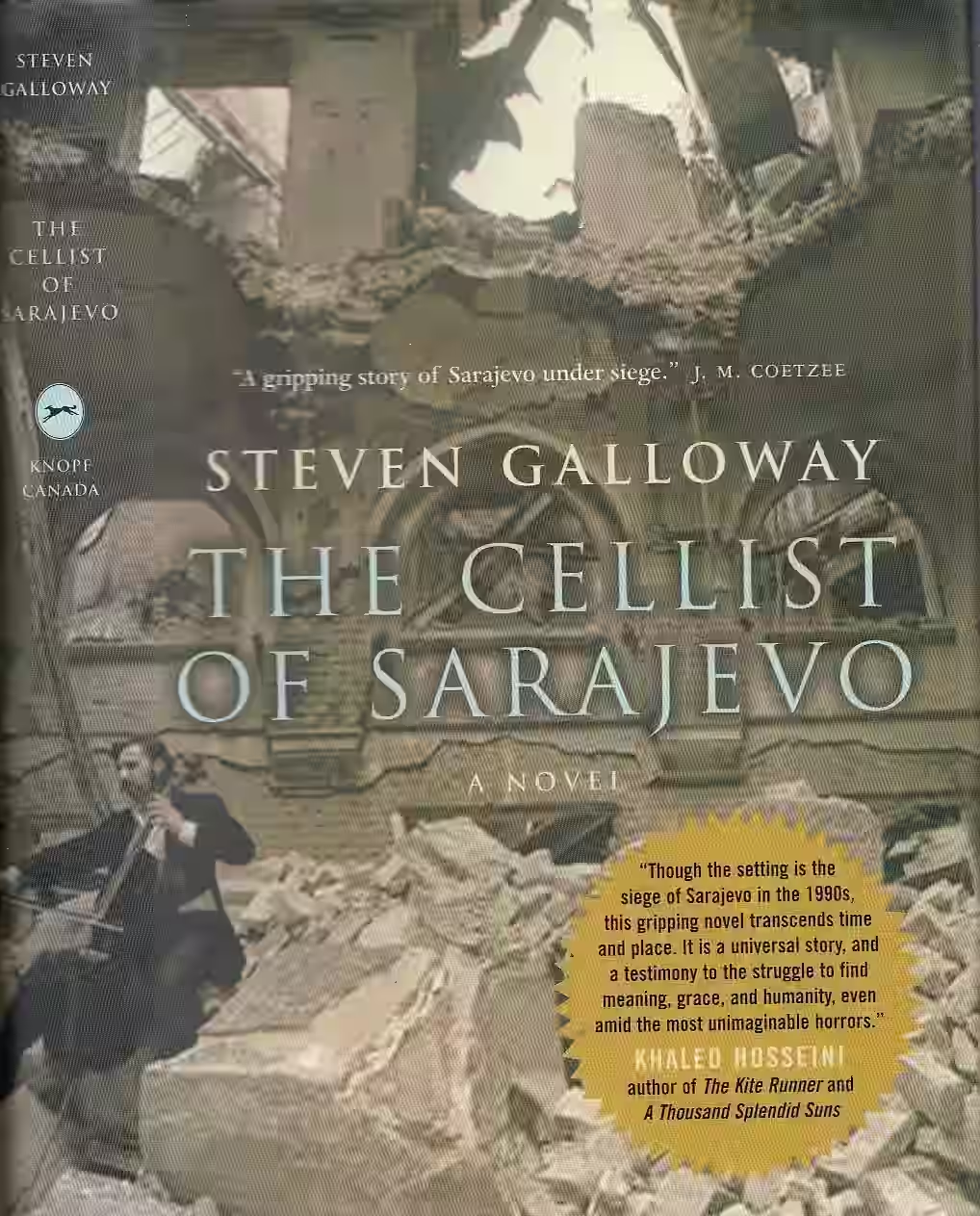
Set during the siege of Sarajevo in the early 1990s, 'The Cellist of Sarajevo' by Steven Galloway is a poignant exploration of life under siege. The novel interweaves the lives of three characters—Dragan, Kenan, and Arrow—each struggling to preserve their humanity amidst the chaos of war. Their stories orbit around the figure of a cellist, who plays Albinoni's Adagio in the streets to commemorate the lives lost to a mortar attack. Galloway deftly captures the resilience of the human spirit, the impact of art in times of despair, and the simple acts of courage that shine through the shadows of conflict. The book's haunting prose and meditative tone create an indelible reflection on the moral choices faced in brutal circumstances.
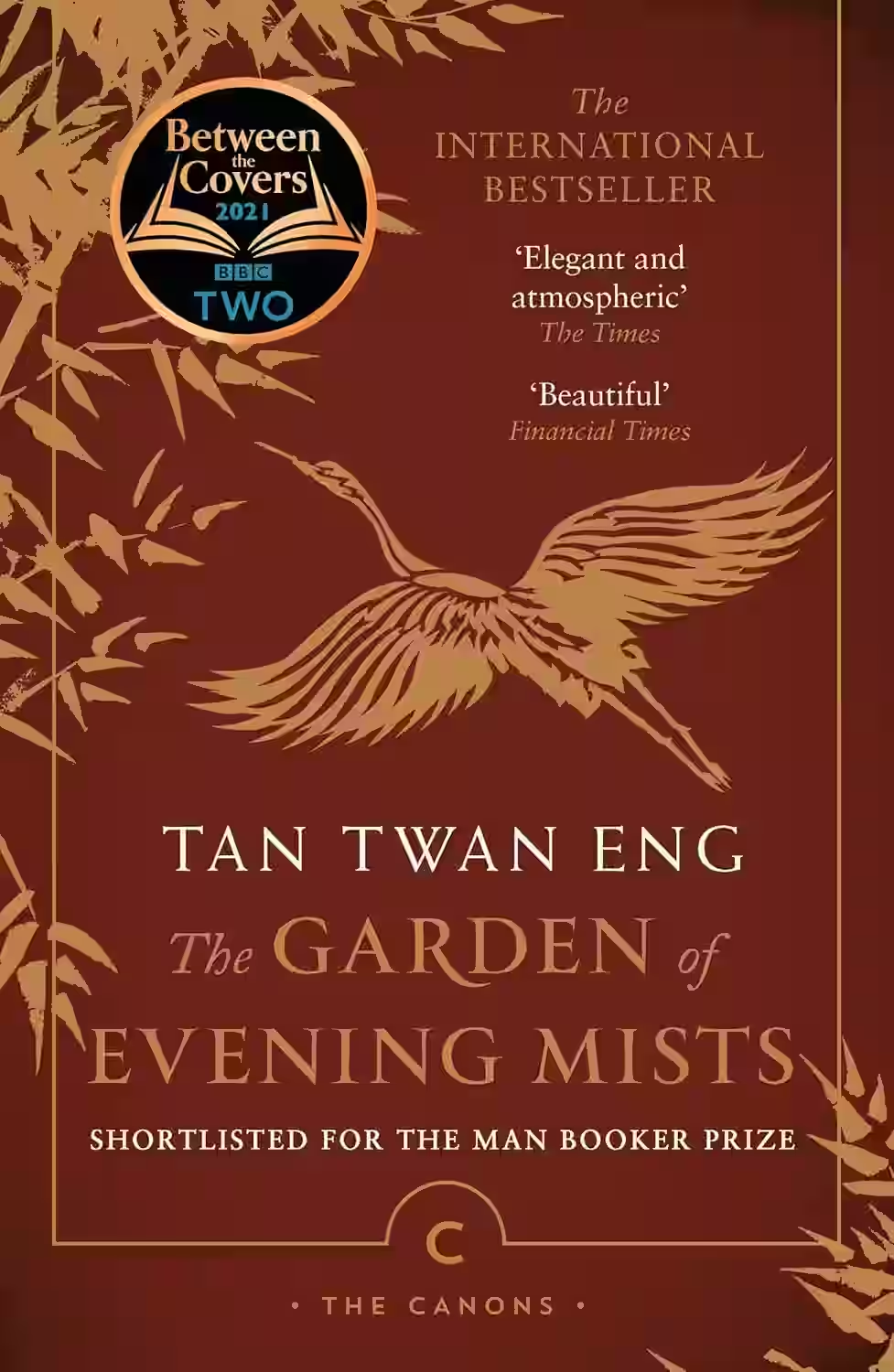
Tan Twan Eng's 'The Garden of Evening Mists' immerses readers in a tale of memory, trauma, and redemption, set against the richly atmospheric backdrop of post-war Malaya. The narrative follows Yun Ling Teoh, the sole survivor of a Japanese internment camp, as she seeks solace and healing by establishing a garden in memory of her sister. Eng masterfully weaves historical and cultural threads, examining the painful scars of war and the delicate art of forgiveness. The novel's lush prose and intricate character development invite readers to explore complex themes of loss, identity, and the enduring power of love and beauty in the face of suffering.
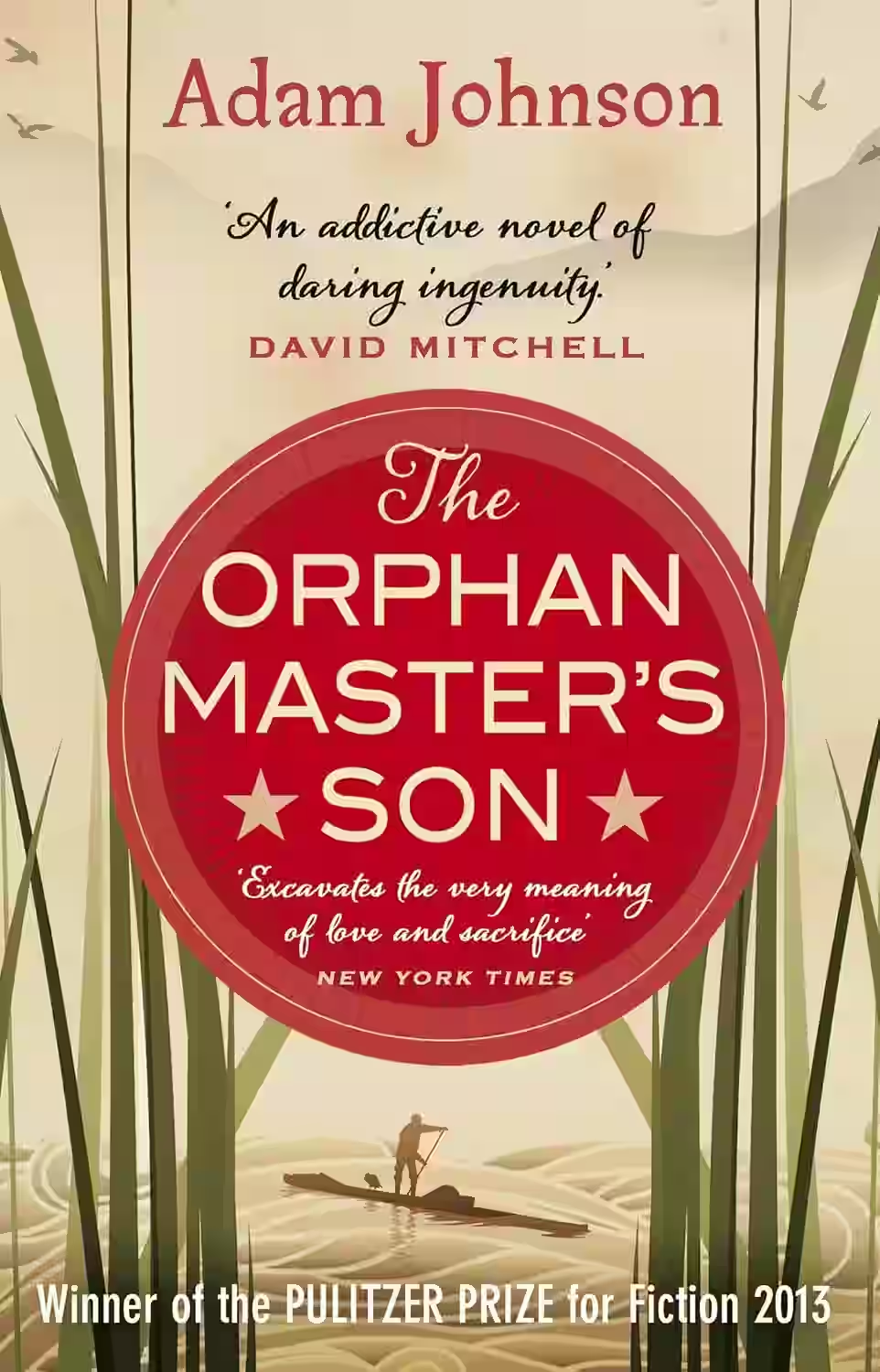
Adam Johnson's Pulitzer Prize-winning novel, 'The Orphan Master's Son,' delves into the harrowing and surreal world of North Korea, offering a gripping narrative that follows the life of Jun Do, an orphan navigating the oppressive regime. The story unfolds in two distinct parts: the first explores Jun Do's transformation as he climbs the ranks within the regime by assuming different identities, while the second reframes the narrative through interrogations and propaganda, questioning the nature of truth and identity. Johnson masterfully illustrates the themes of totalitarianism, identity, and resilience, peculiarly vivid with its haunting portrayal of manipulation and survival. The novel deftly exposes the stark realities of life under a dictatorial regime, blending dark humor with profound empathy, leaving a lasting impact on readers as it challenges perceptions of freedom and humanity.
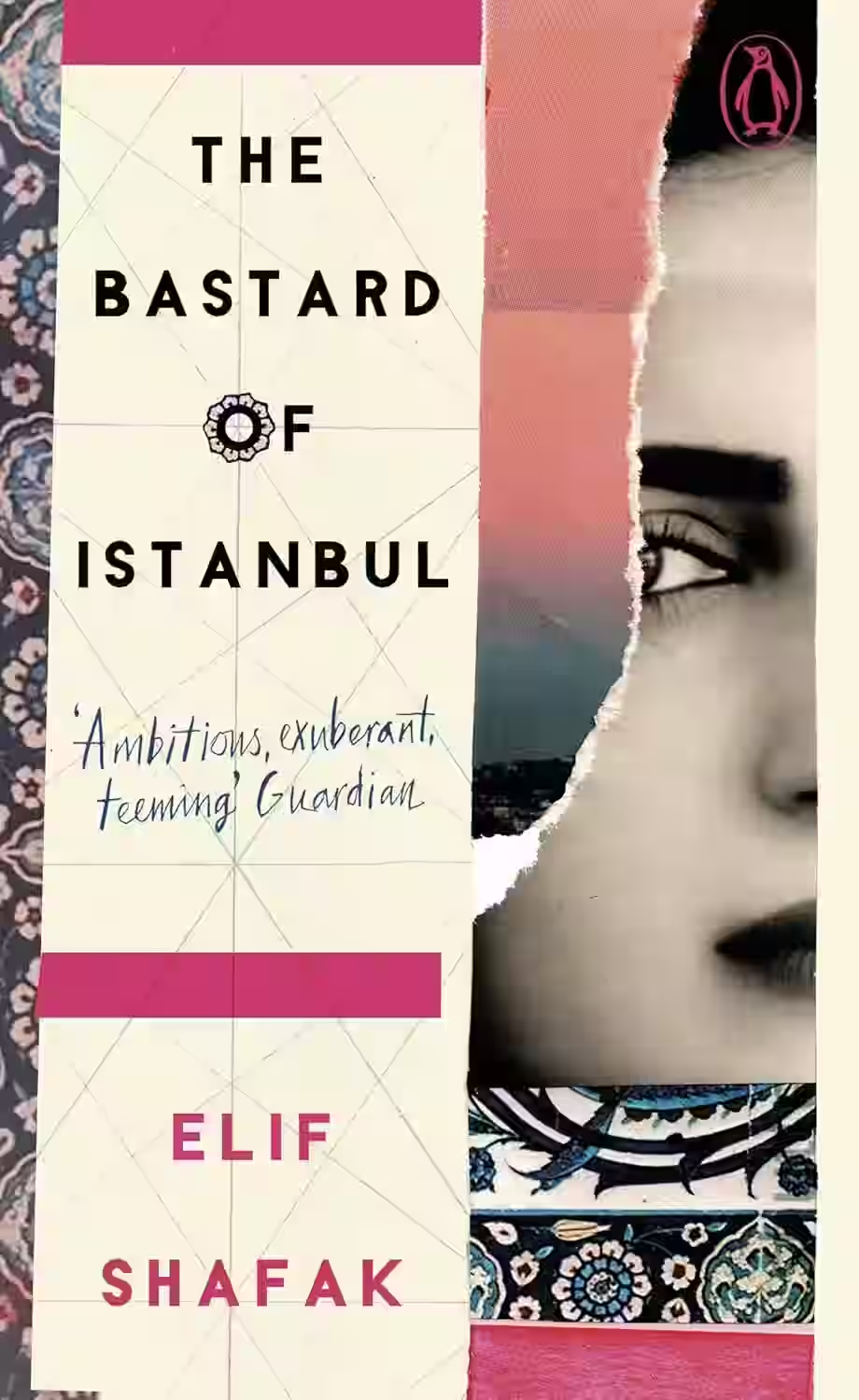
Elif Shafak's 'The Bastard of Istanbul' is an engaging and thought-provoking novel that intricately weaves the stories of two families—one Turkish and the other Armenian-American. Set primarily in Istanbul, the narrative explores themes of identity, family secrets, and cultural memory, against the backdrop of Turkey's tumultuous history. The story centers around the young Asya Kazancı, a rebellious and philosophical girl labeled a 'bastard' by society, and her cousin Armanoush, who embarks on a quest to uncover her Armenian roots and understand her past. Shafak masterfully intertwines their journeys, using a diverse cast of characters and vibrant imagery to evoke the complexities of modern-day Istanbul. Through its exploration of generational trauma and national identity, the novel challenges readers to confront prejudice and examine the blurred lines between personal and collective histories. A richly detailed narrative, 'The Bastard of Istanbul' resonates with its astute observations and emotional depth, making it a compelling read.
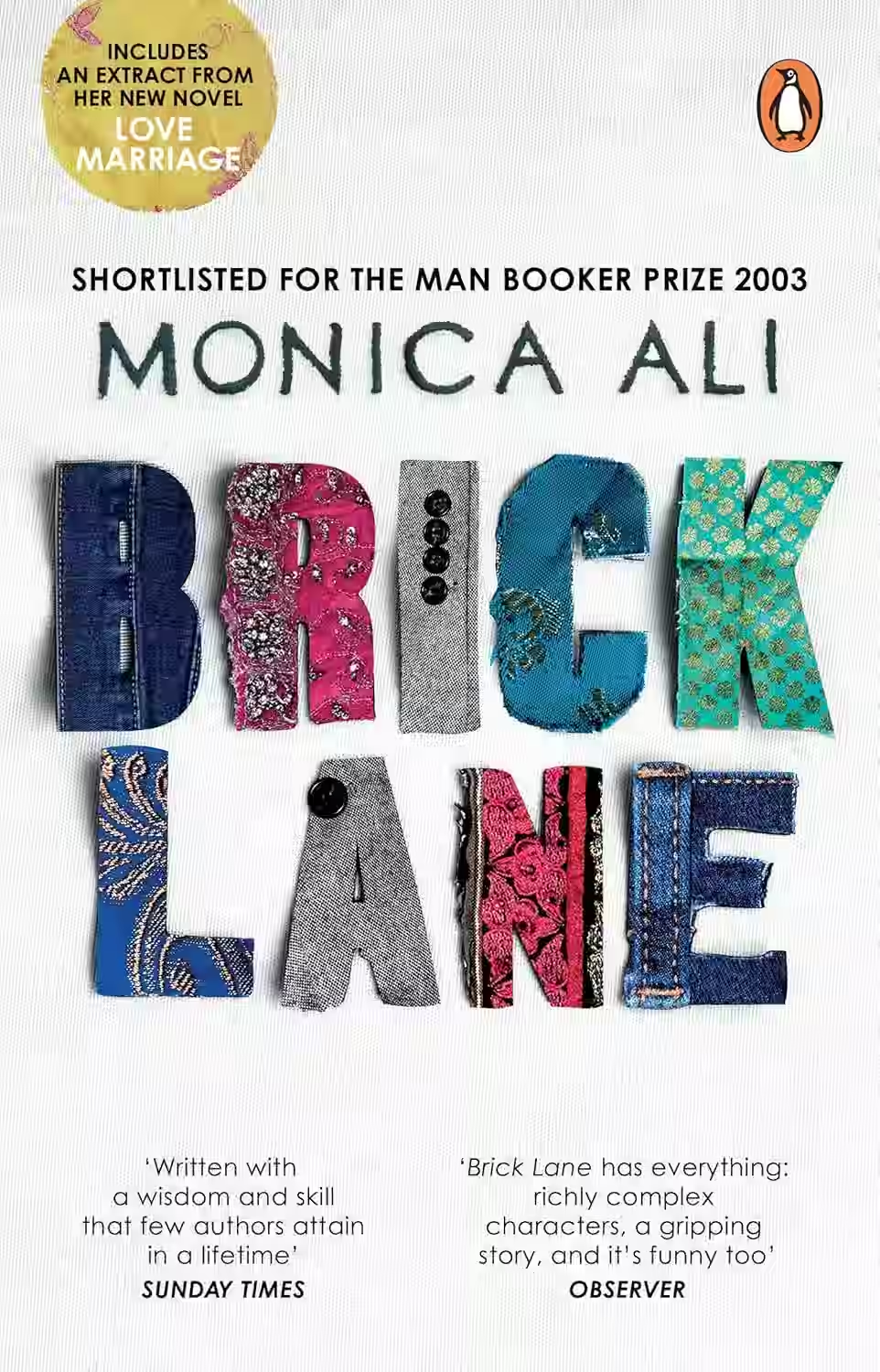
Monica Ali's 'Brick Lane' is a compelling exploration of identity, cultural conflict, and self-discovery. Set against the vibrant backdrop of London's Brick Lane, the novel tells the story of Nazneen, a Bangladeshi immigrant navigating life in a new country. Her arranged marriage to Chanu, a man she barely knows, sets the stage for a journey of introspection and empowerment. As Nazneen grapples with the confines of tradition and the allure of independence, she begins to carve out her own path. Ali deftly captures the immigrant experience, vividly illustrating the complexities of cultural assimilation and the search for personal autonomy. The novel's rich character development and poignant narrative invite readers to reflect on the universal themes of resilience and hope.